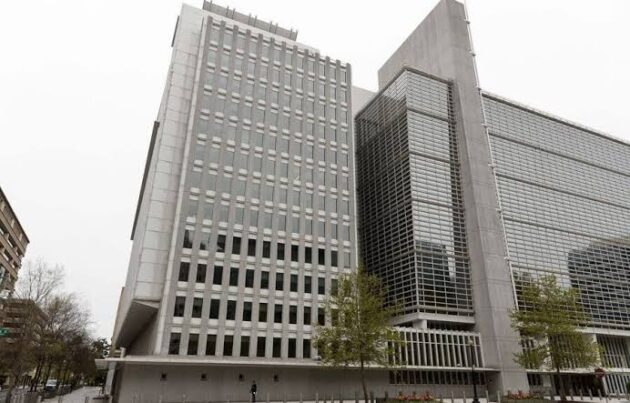Our Terms & Conditions | Our Privacy Policy
World bank report » Capital News
NAIROBI, Kenya, Sept 1 — A staggering 90 percent of the world’s population is living with degraded land, polluted air, or water stress, a new World Bank report has revealed, warning that environmental decline is now a major drag on economic growth and human development.
The report, Reboot Development: The Economics of a Livable Planet, highlights that in low-income countries, eight in ten people lack all three essentials — healthy air, clean water, and fertile land.
This, the Bank says, poses severe constraints on livelihoods, health, and long-term economic opportunity.
The study finds that the loss of forests alone disrupts rainfall, dries soils, and worsens droughts, with the resulting economic toll running into billions of dollars annually.
“People and communities around the world are not just facing an environmental crisis, but an economic one,” said Axel van Trotsenburg, Senior Managing Director, World Bank.
“The good news is that solutions exist. If countries make the right investments now, natural systems can be restored, with substantial returns on growth and jobs.”
According to Trotsenburg, the report “offers a new lens for looking at environmental challenges — not as constraints, but as opportunities for smarter development.”
Among the report’s findings is the “nitrogen paradox”: while fertilizers boost crop yields, overuse in some regions harms soils, water systems, and ecosystems, with global costs estimated at $3.4 trillion annually.
Similarly, air and water pollution silently sap productivity, impair cognition, and weaken human potential.
The report emphasizes that nature, if managed well, can drive growth and resilience.
Efficient use of natural resources could cut pollution by up to 50 percent.
Smarter use of nitrogen fertilizers, for instance, could deliver 25 times more benefits than costs while raising agricultural productivity.
Expanding water and sanitation services could also save countless lives — with something as simple as chlorinating drinking water potentially preventing a quarter of child deaths linked to unsafe water.
Other cost-effective solutions highlighted include “pollution markets,” where every $1 invested yields an estimated $26–$215 in benefits by reducing air pollution and improving health outcomes.
Images are for reference only.Images and contents gathered automatic from google or 3rd party sources.All rights on the images and contents are with their legal original owners.



Comments are closed.